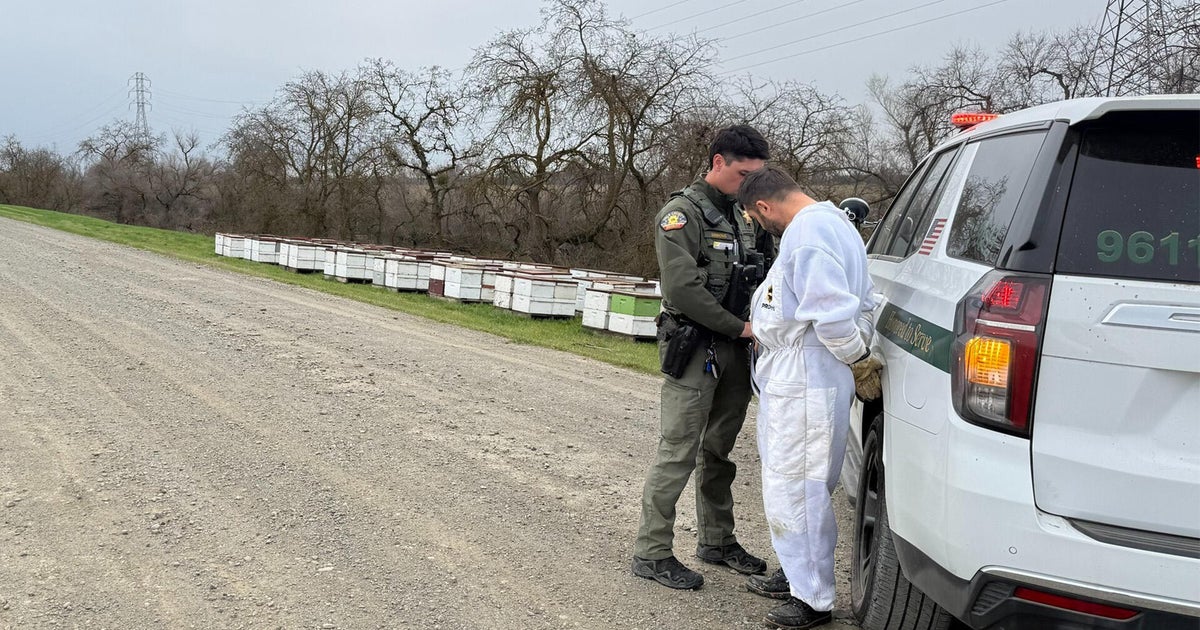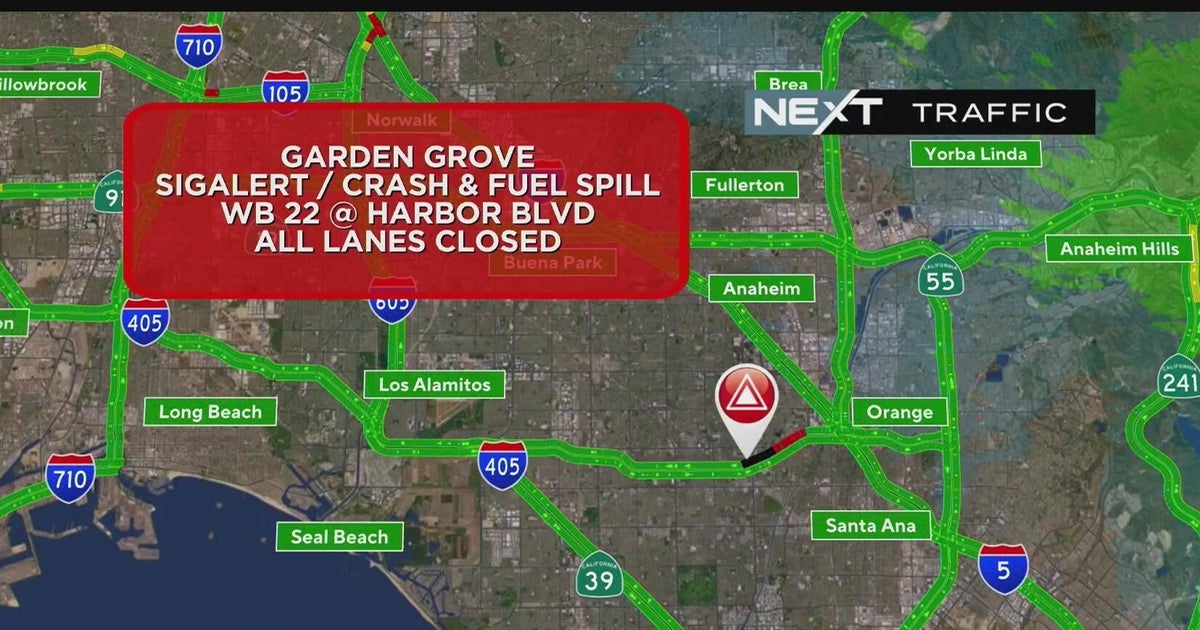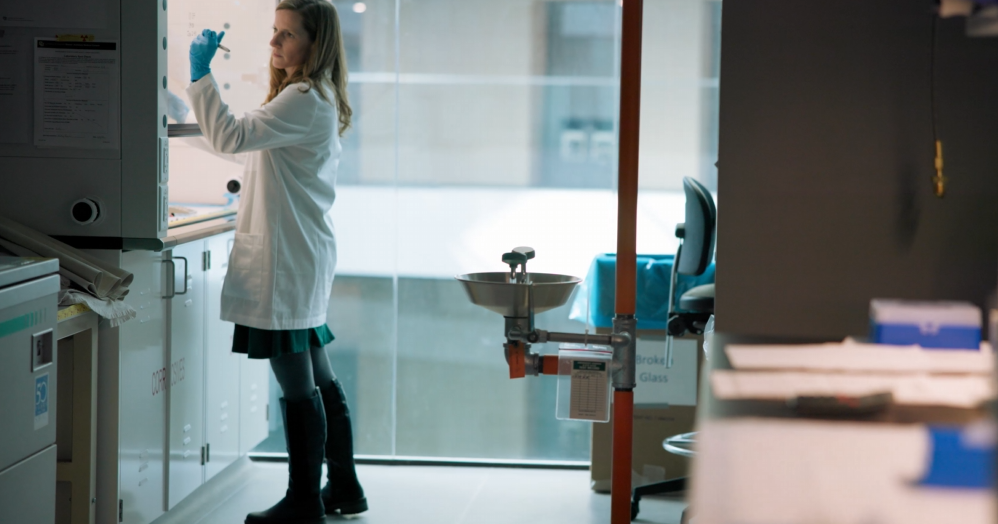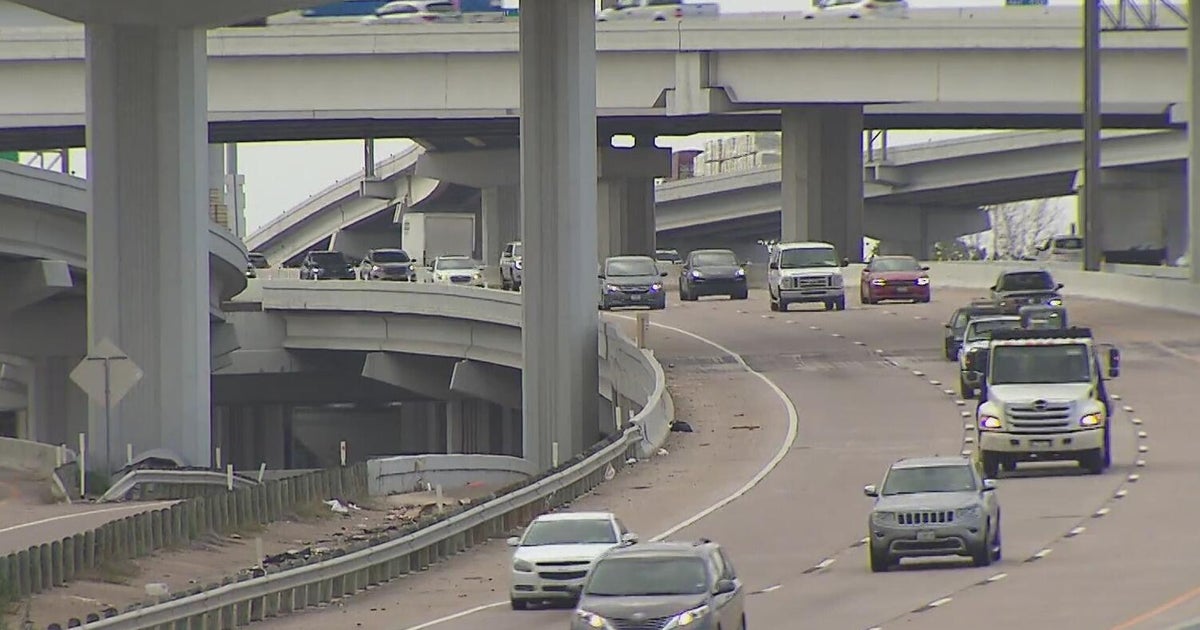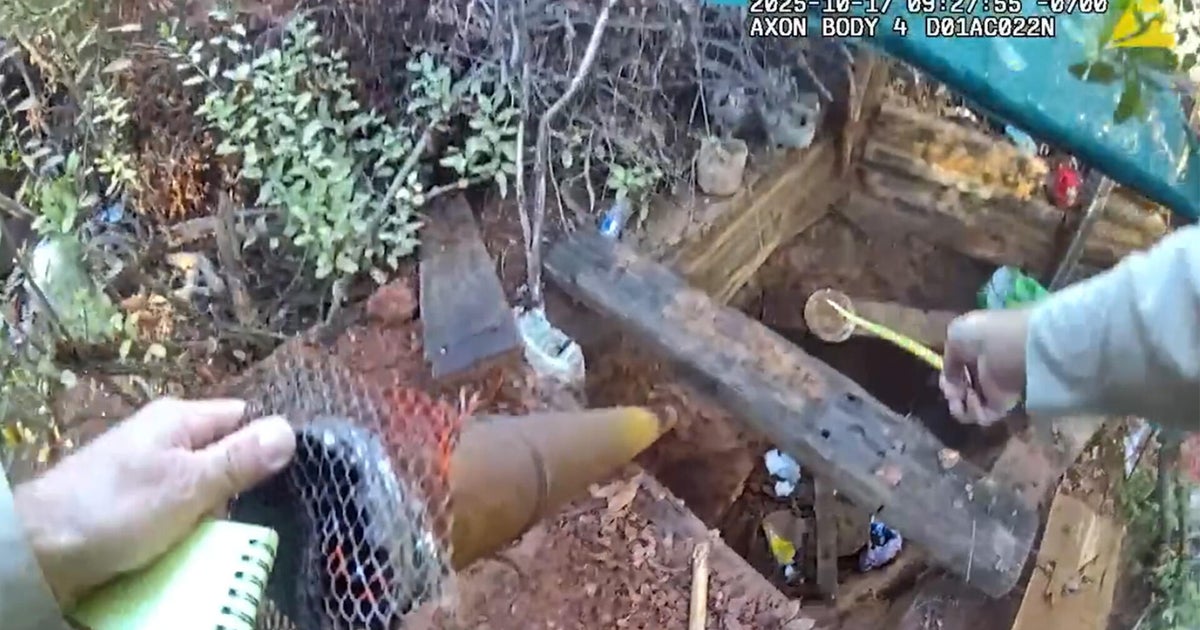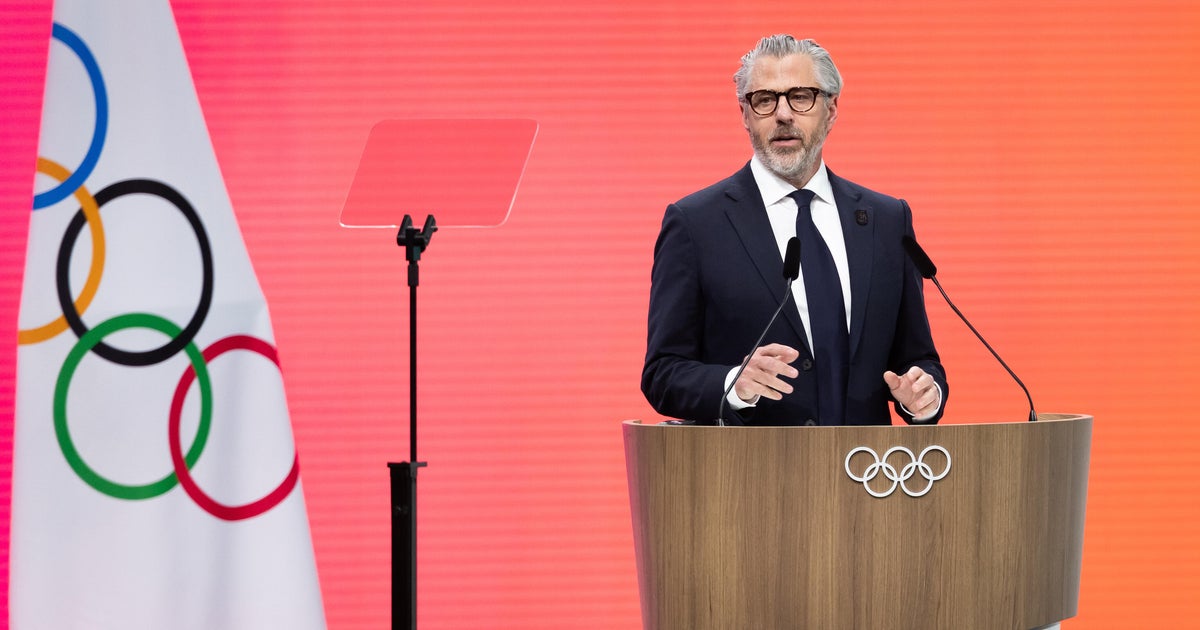Gardening With Gutner: Testing Your Soil
BOSTON (CBS) - If you are having trouble growing the perfect garden in your backyard, chances are the problem may lie beneath the surface. Your quality of your topsoil is key, but you probably have no idea just how good or bad the soil in your backyard is.
Scientists at Northeastern University here in Boston are conducting a first of its kind, Nationwide Soil Survey in an effort to determine the quality of our County's topsoil.
Principal Research Scientist Elham Ghabbour and Chemistry Professor Geoffrey Davies are leading The National Soil Research Project (NSP) at Northeastern University, Boston. The project aims to measure the humic acid (HA), fulvic acid (FA) and humin (HU) contents of the nation's agricultural top soils (0 – 30 cm) with newly-developed, reproducible measurement methods.
WBZ-TV's Chief Meteorologist Todd Gutner reports.
Healthy, productive soils are a treasured resource that we often take for granted. Long-lived HA, FA and HU represent the sequestered carbon content of a soil. They are major microbially-resistant organic soil components that retain water, act as soil buffers, improve soil texture/permeability, regulate our climate and support many other healthy soil functions.
The concern is that our HAs and FAs are being depleted over time, leading to poorer and poorer soils. Soils potentially can be re-built with HAs extracted from sources such as low rank coals that are no use as fuels. Reliable analytical methods are needed for humic products in garden shops and agricultural suppliers. Existing data do not distinguish HAs and FAs from transient soil organic matter such as leaf litter, grass cuttings and corn stover. The Northeastern group has many years of experience in isolating and measuring HAs and FAs. Preliminary results on 630 samples from across the nation indicate wide variation in soil HA and FA contents.
The NSP needs 2 oz, air-dried agricultural top soill samples to be mailed parcel post to NU from the nation's farms and counties for analysis. Parcel post will be reimbursed on request. Please submit a Sample Reply Form with each sample and provide GPS, etc on the form. Contact g.davies@neu.edu or e.ghabbour@neu.edu and check the website www.hagroup.neu.edu. The project results will be published and shared with soil donors on request. Your participation will make this project possible and is greatly appreciated.
You can also send a sample of your soil to be tested to UMass Amherst. For a fee they will provide you with an analysis and recommendations to better the quality of your soil. For more info you can go to http://www.umass.edu/soiltest/.
